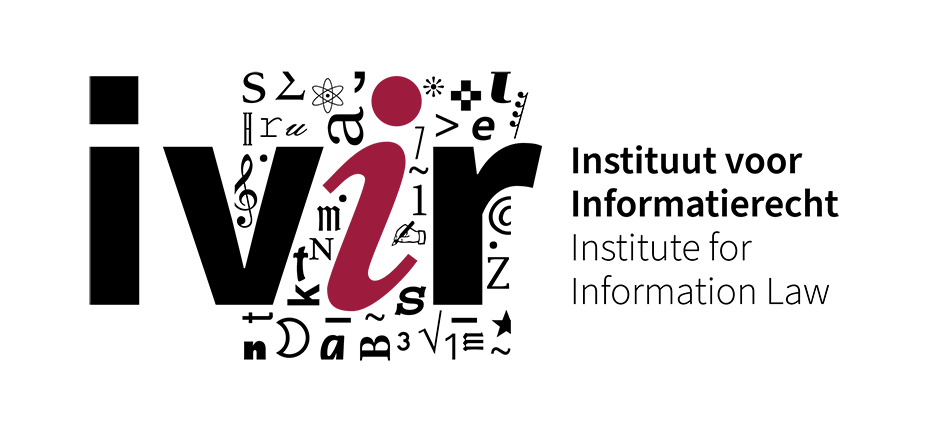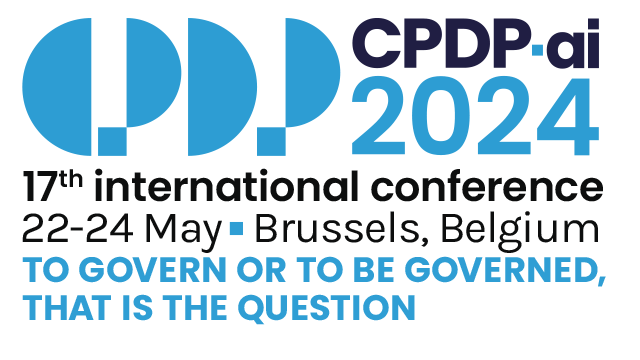Privacy Camp
Privacy Camp is organised by European Digital Rights (EDRi), in collaboration with its partners the Research Group on Law, Science, Technology & Society (LSTS) at Vrije Universiteit Brussel (VUB), Privacy Salon vzw , the Institute for European Studies (IEE) at Université Saint-Louis – Bruxelles, the Institute of Information Law (IViR) at University of Amsterdam and the Racism and Technology Center.
The event brings together digital rights advocates, activists as well as academics and policy-makers from all around Europe and beyond to discuss the most pressing issues facing human rights online.
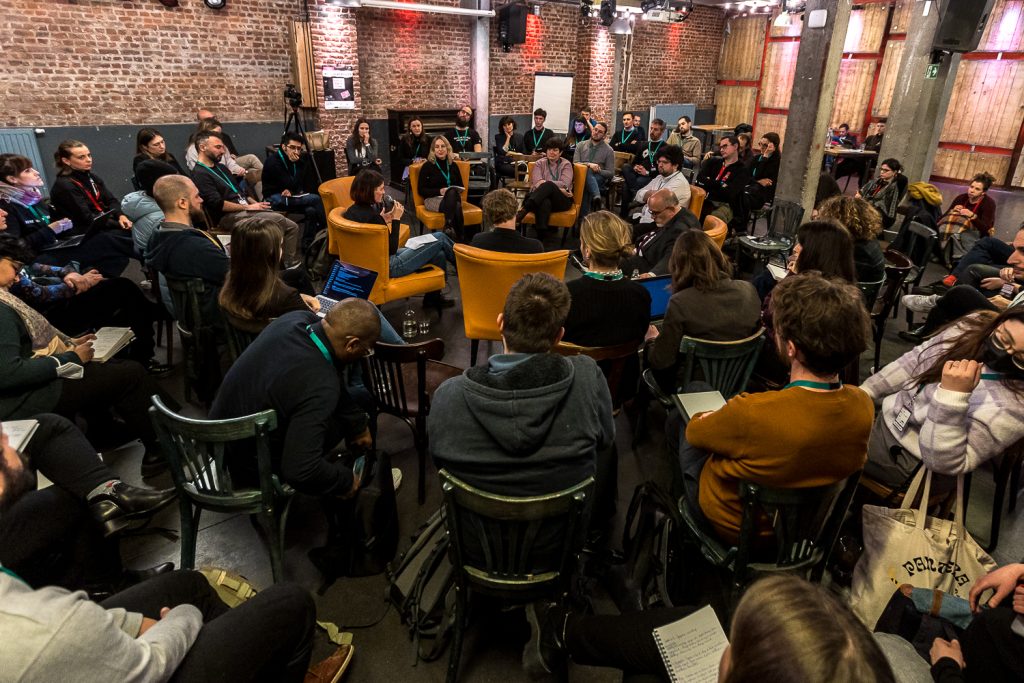
Photos #PrivacyCamp24
Check out the event photos and if you in one of these pictures, even though you were wearing a no-photo (red) lanyard or you changed your mind about being photographed, et us know at privacycamp (at) edri.org and we’ll remove the photo!
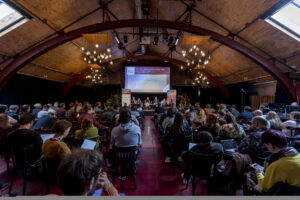
Privacy Camp 24
Revealing, Rethinking and Changing Systems
The 2024 Privacy Camp edition invites investigations into systems that shape the field of privacy and digital rights. We encourage looking into different understandings of what counts as a system, into different types of systems (structural, political, institutional, socio-technical) and the various logics underwriting them, that have enabled the existence of many inequalities and injustices today. We also invite discussions and propositions about what systemic and transformative change can look like.
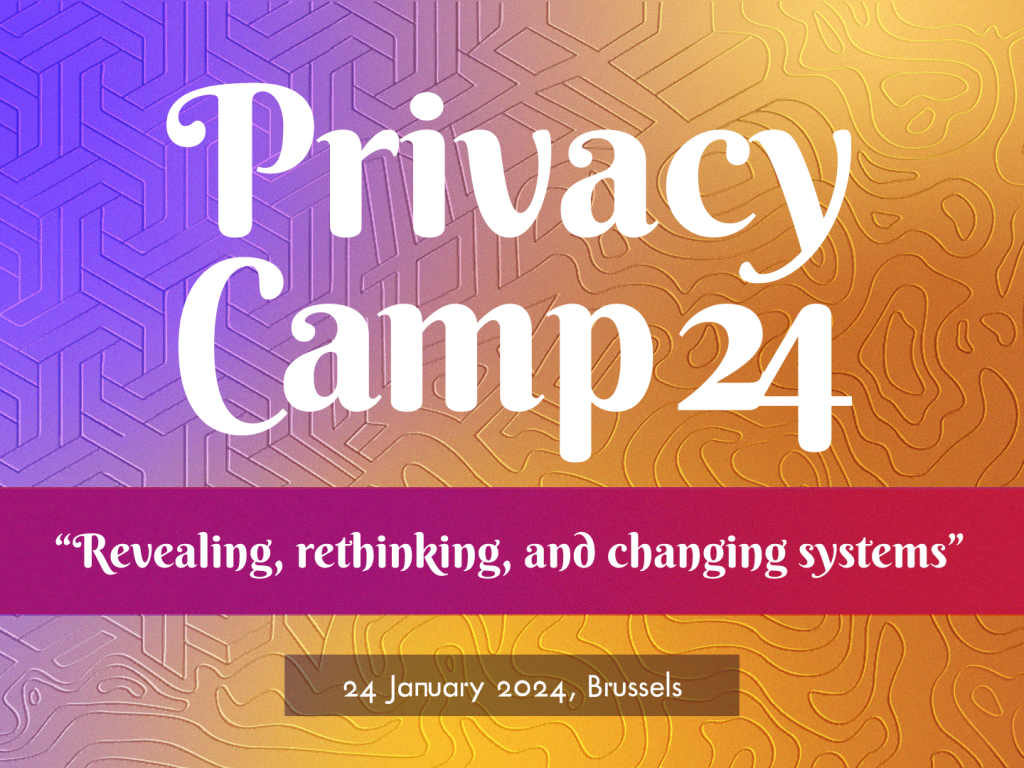
Subscribe to our Newsletter
Be the first one to learn about EDRi’s annual flagship event
General PARTNER
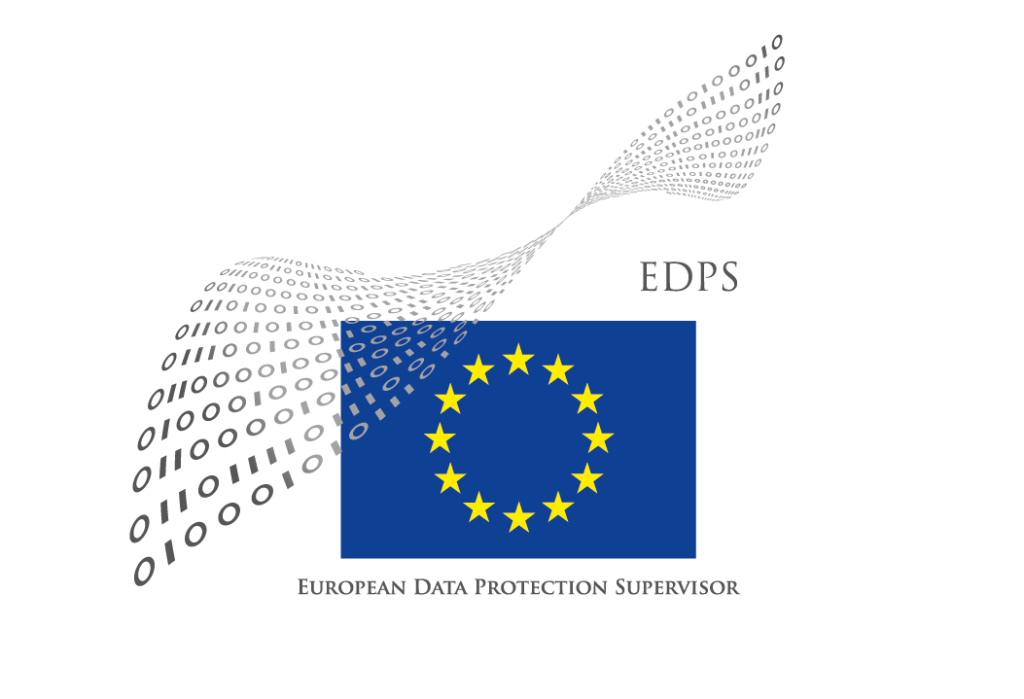
Want to support our conference? Learn more about our sponsorship package.







